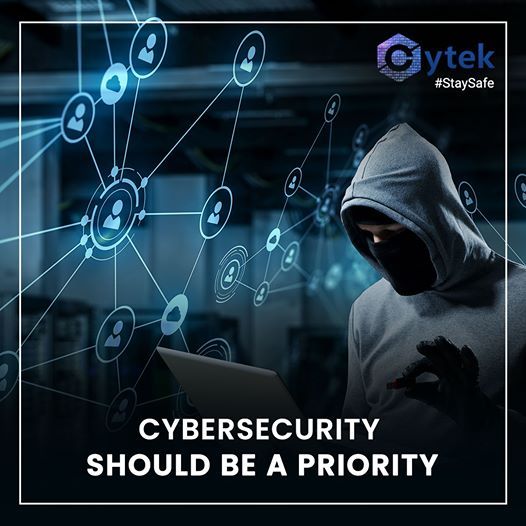How to Secure Your Crypto Assets After Falling Victim to a Scam
The rise of cryptocurrencies has revolutionized finance, offering a decentralized and secure way to manage digital assets. However, with this innovation comes the growing threat of scams targeting unsuspecting investors. If you’ve fallen victim to a scam, securing your remaining crypto assets is paramount. This guide will walk you through practical steps to protect your holdings, recover stolen funds where possible, and prevent future attacks.
Understanding Crypto Scams
Common Types of Crypto Scams
-
Phishing Attacks: Fraudulent websites or emails that mimic legitimate platforms to steal login credentials.
-
Ponzi Schemes: Promises of high returns paid using new investors’ funds.
-
Fake ICOs (Initial Coin Offerings): Bogus investment opportunities in new cryptocurrencies.
-
Malware Attacks: Software designed to access private keys or wallets.
-
Rug Pulls: Developers abandon a project after collecting significant funds from investors.

Steps to Secure Crypto Assets After a Scam
-
Assess the DamageIdentify Affected Assets: Determine which wallets or exchanges were compromised.Review Transactions: Use blockchain explorers (e.g., Etherscan, Blockchain.com) to trace unauthorized transactions.
-
Act QuicklyFreeze Accounts: Contact your wallet provider or exchange to freeze activity if possible.Notify Authorities: Report the incident to local law enforcement and cybercrime units.File a Complaint: Submit a case with organizations like the FBI’s IC3 (Internet Crime Complaint Center) or Europol.
-
Secure Remaining AssetsTransfer Funds to a New Wallet: Create a new wallet with a trusted provider. Hardware wallets like Ledger or Trezor are recommended.Enable Two-Factor Authentication (2FA): Strengthen account security with 2FA.Change Passwords: Use strong, unique passwords for all accounts.Attempting Recovery
Can You Recover Stolen Crypto?
While blockchain’s transparency aids traceability, recovering stolen funds is challenging due to its decentralized nature. Recovery depends on the scam’s type and the response speed.
Steps for Recovery
-
Engage Recovery Experts: Consider hiring professionals specializing in crypto recovery.
-
Monitor Blockchain Transactions: Track movements of stolen funds using blockchain analytics.Collaborate with Exchanges: Alert exchanges if stolen funds are deposited there; they may freeze the account.
-
Leverage Legal Channels: In some cases, legal action can lead to asset recovery.Preventing Future ScamsBest Practices for Crypto SecurityUse Cold Storage: Keep long-term holdings offline in hardware wallets.
-
Verify Sources: Double-check URLs and sender details before logging in or clicking links.
-
Stay Informed: Follow trusted crypto news outlets to learn about emerging threats.
-
Educate Yourself: Learn about blockchain technology and security protocols.

Tools and Resources for Protection
-
Crypto Security Apps: Use apps like MetaMask for added layers of protection.
-
Anti-Malware Software: Protect your devices with updated anti-malware solutions.
-
Blockchain Analytics Platforms: Tools like Chainalysis can help monitor suspicious activities.
Conclusion and Call to Action
Falling victim to a crypto scam can be devastating, but taking swift and informed action can mitigate losses and secure your remaining assets. Prioritize safety, stay vigilant thus continuously educate yourself about crypto security. If you found this guide helpful, share it with others and explore our resources on crypto recovery to stay protected! [Contact Now]


